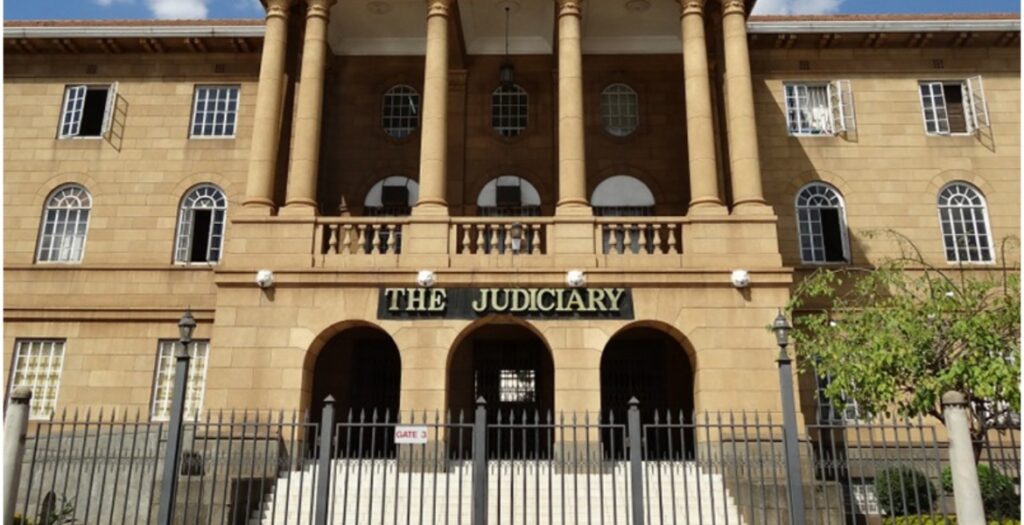A decade after the shocking killing of Kabete MP George Muchai, the High Court has ruled that four suspects have a case to answer in the murders. Justice Kimondo also acquitted three other suspects due to insufficient evidence.
The ruling comes after a lengthy prosecution process where 37 witnesses were called, alongside other critical evidence presented by the Director of Public Prosecutions. Among the strongest evidence was a taxi driver’s testimony placing one accused at the crime scene. The driver also produced a gun safety pin found in the suspect’s vehicle, later confirmed as linked to the murder.
The prosecution argued that the killings were premeditated. They highlighted the use of high-velocity firearms, dangerous weapons, and execution-style shootings, pointing to careful planning rather than a random attack. Autopsy reports by government pathologist Dr Johansen Oduor confirmed that all four victims died from close-range gunshot wounds.
While the court established a strong prima facie case against the four, Justice Kimondo did not make findings on the parallel robbery-with-violence charges, which are still pending in a Nairobi magistrate’s court. The defence hearing for the four suspects has been scheduled for October 22, 2025, where they will respond to the prosecution’s evidence.
The murders occurred on February 7, 2015, when Muchai, still serving as Kabete MP, was returning from a family dinner. His vehicle was rammed at a roundabout along Kenyatta Avenue, after which armed assailants opened fire. Muchai, his two police bodyguards, Constables Samuel Kimathi and Samuel Lekakeny, and his driver, Stephen Ituu Wambugu, were killed instantly. A briefcase and two pistols were stolen, while Muchai’s family, traveling separately, witnessed the attack.
Since 2015, the case has been split between the High Court murder charges and separate robbery-with-violence charges at a magistrate’s court. In October 2024, the suspects successfully delayed the robbery case, citing a 2016 ruling that declared the robbery-with-violence charge unconstitutional.

